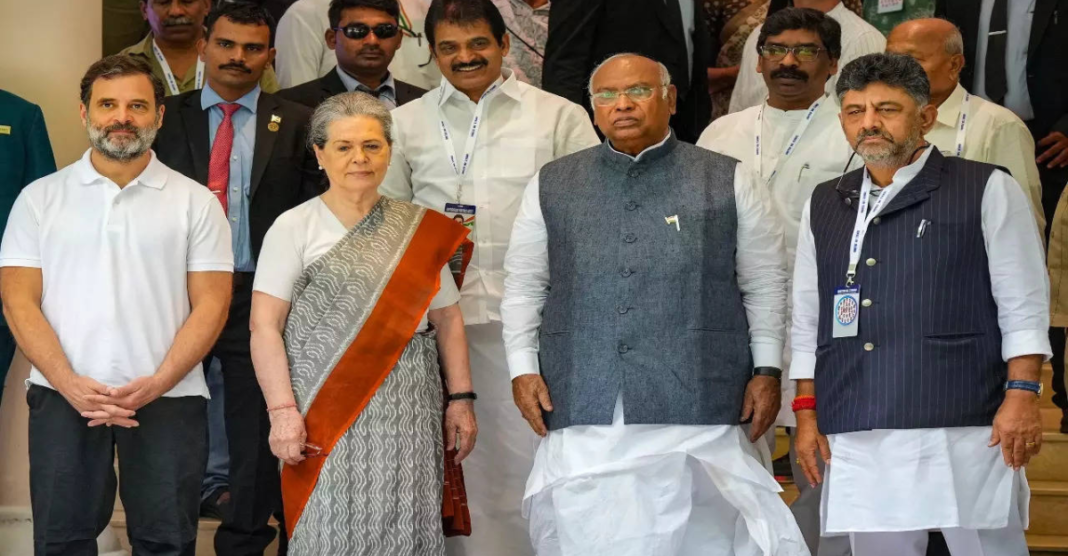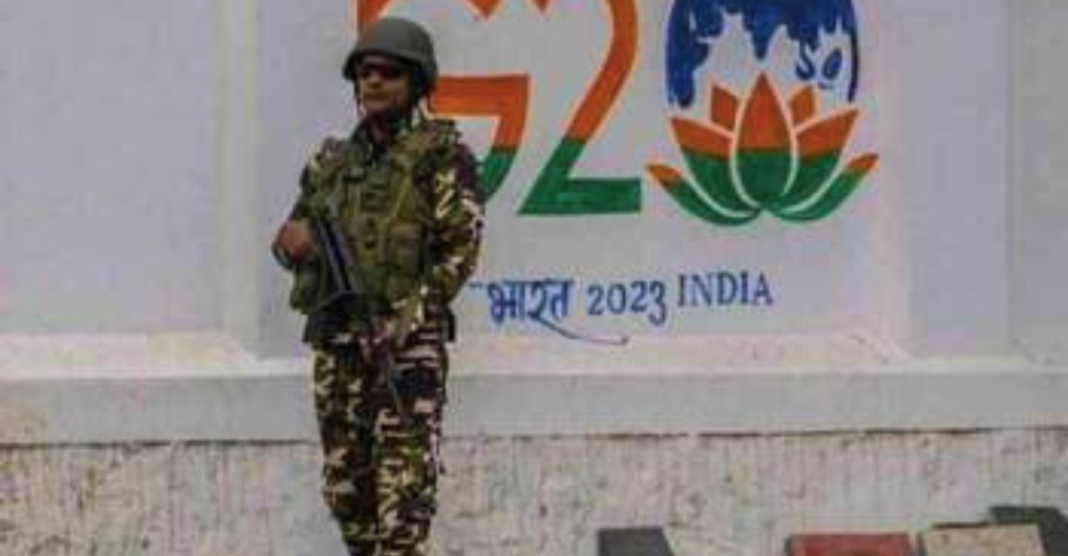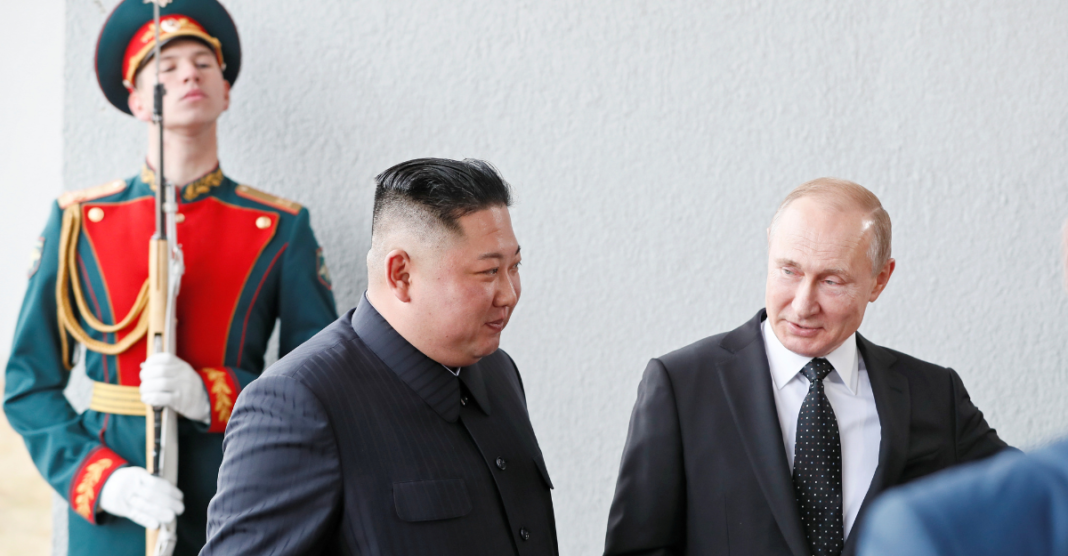In Mumbai, 28 political parties are assembling to coordinate their resistance against the National Democratic Alliance (NDA) in advance of the forthcoming 2024 Lok Sabha elections. This meeting will be significant for the opposition alliance known as INDIA. Due to the involvement of two new parties, who represent the alliance’s expansion and diversity, this gathering is very significant.
The Indian National Developmental Inclusive Alliance was created during the previous summit in Bengaluru. A regional organization and the Peasants and Workers Party of India (PWP), a Marxist party with roots in Maharashtra, have joined the alliance to build on this foundation. The introduction of a common logo that will serve as the coalition’s political campaign’s unifying emblem is anticipated to be a key statement from the Mumbai summit. In addition, 11 delegates from significant opposition parties will be introduced as a coordinating committee. The purpose of this committee is to plan and coordinate alliance-wide strategies and initiatives.
The choice of a candidate for prime minister continues to be crucial. West Bengal’s Chief Minister, Mamata Banerjee, has declared herself a probable candidate, but Uddhav Thackeray, a former chief minister of Maharashtra, has questioned if the BJP has any strong contenders. This internal discussion highlights the alliance’s need to appear united while casting doubt on the BJP’s potential leadership candidates.
Seat distribution among alliance members will be based on each party’s strengths within its own state in order to maximize its chances in the upcoming elections. With this strategy, the coalition is meant to be strategically positioned in key national constituencies. The Bahujan Samaj Party (BSP) leader Mayawati’s presence has sparked rumors. Mayawati has consistently denied being a part of any alliance, although Sharad Pawar, a significant member in the opposition camp, has asserted that Mayawati had conversations with the BJP. This claim heightens the tension in the discussion and highlights the complexity of coalition politics.
On the other hand, the Nationalist Congress Party (NCP), led by Sharad Pawar, continues to hold a firm position. Despite internal conflicts and disagreements, he claims that the NCP is fully committed to the INDIA alliance. The alliance’s prospective expansion to include Punjab-based parties has also been explored.
The All India United Democratic Front (AIUDF), led by Badruddin Ajmal, is now being considered for inclusion. It’s significant that the Aam Aadmi Party made it clear that Arvind Kejriwal is not running for prime minister. The alliance’s ultimate goal of “saving India” is where the party’s attention is directed.
Political analysts anticipate discussions during the INDIA alliance’s meeting in Mumbai on crucial topics including candidate selection and seat sharing. This would unavoidably influence the environment leading up to the consequential 2024 Lok Sabha elections. The results of this summit could change the dynamics of Indian politics.



